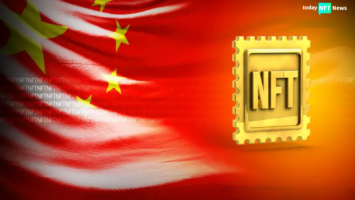SNEAK PEEK
- Damus was pulled from China’s Google Play marketplace just 48 hours after it was certified by Apple.
- There is no centralized authority deciding who may participate or speak out.
- Privacy is nonexistent since client signups are linked to people’s genuine information.
Damus, one of the most popular Twitter substitutes, has been removed from China‘s Google Play store just two days after Apple accepted it. The software, which is built on the decentralized social media system Nostr, was withdrawn from the Chinese App Store at the demand of the country’s main web regulator since it “contains content that is unlawful in China,” according to an app review notice Damus obtained and uploaded on Twitter.
That was fast pic.twitter.com/ntt9xW3AUr
— Damus⚡️ (@damusapp) February 2, 2023
Because the network is decentralized, there isn’t any central authority deciding who can participate or say whatever on it. The Damus clearance procedure was initially challenging due to Apple’s requirement that services have a system for detecting objectionable content, but Damus finally worked out a means to be featured in Apple’s App Store on February 1.
The app’s decentralized character most likely contributed to its brief launch in China, where the authorities tightly control data. All lawfully operating social networks in China have censorship techniques to delete illicit content or information prohibited by the authorities. Because user signups are connected to people’s true identities, privacy is nonexistent.
The government has blocked Damus’ marketing in the nation via the App Store; Google Play is restricted in China, leaving only a number of native third-party Android storefronts, which are frequently out of reach for international programmers. However, it appears that access is still intact.As of February 3, those who already have Damus installed on their phones may still see and comment on postings without needing to breach the Great Firewall, the country’s censorship network that bans or slows down some foreign websites.
Nostr is designed to be censorship-resistant by relying on “relays,” which are networks that receive postings and distribute them to participants in the network. People can publish their articles on many relays, but they will only view material from the relays to which they connect. If one relay is restricted, they can still post their content via another. However, having rival networks reduces the platform’s network effects, so Damus isn’t a perfect Twitter alternative.









